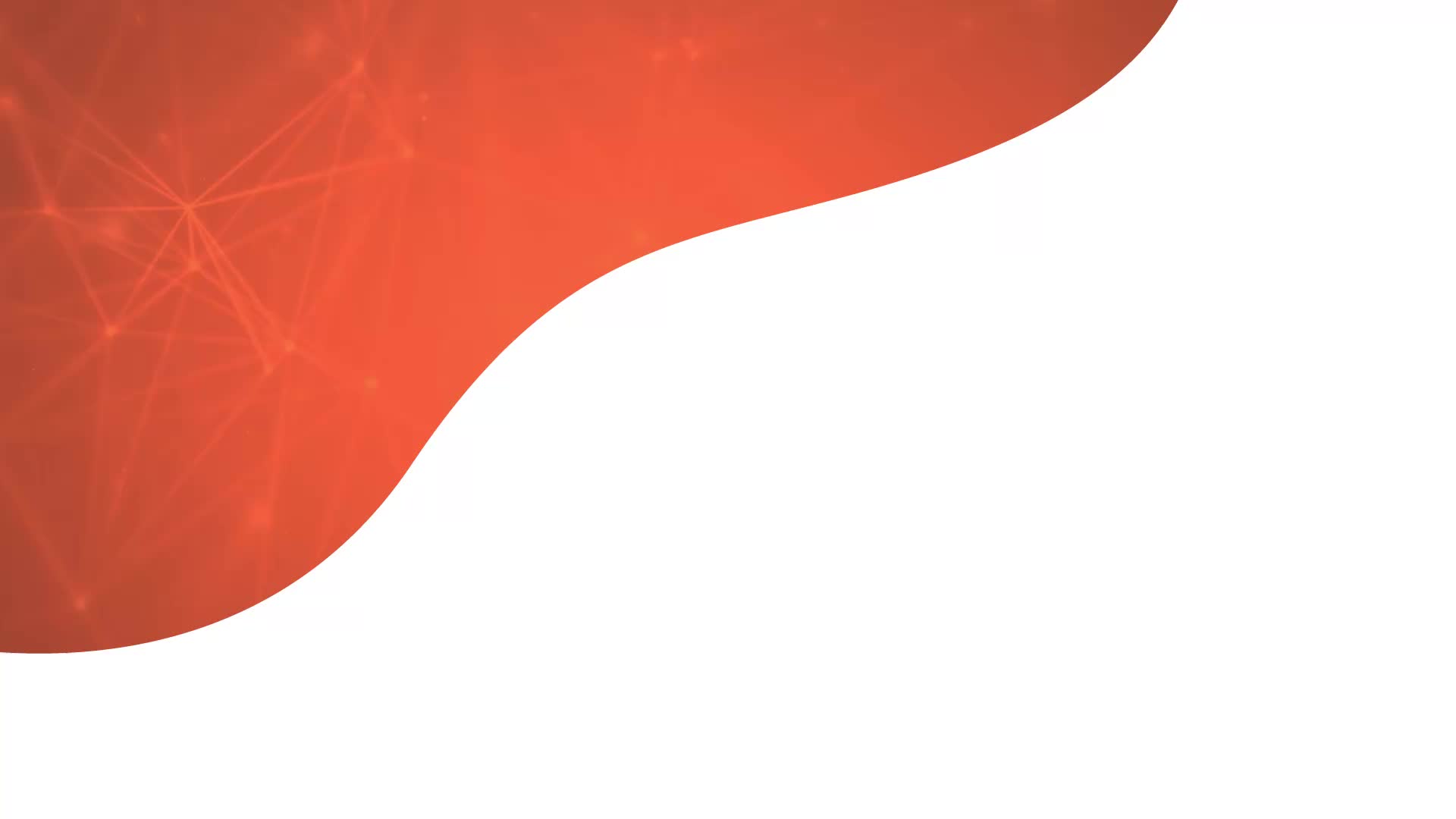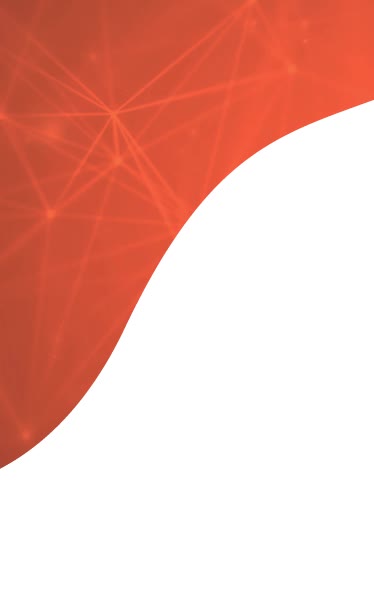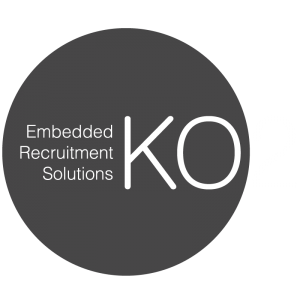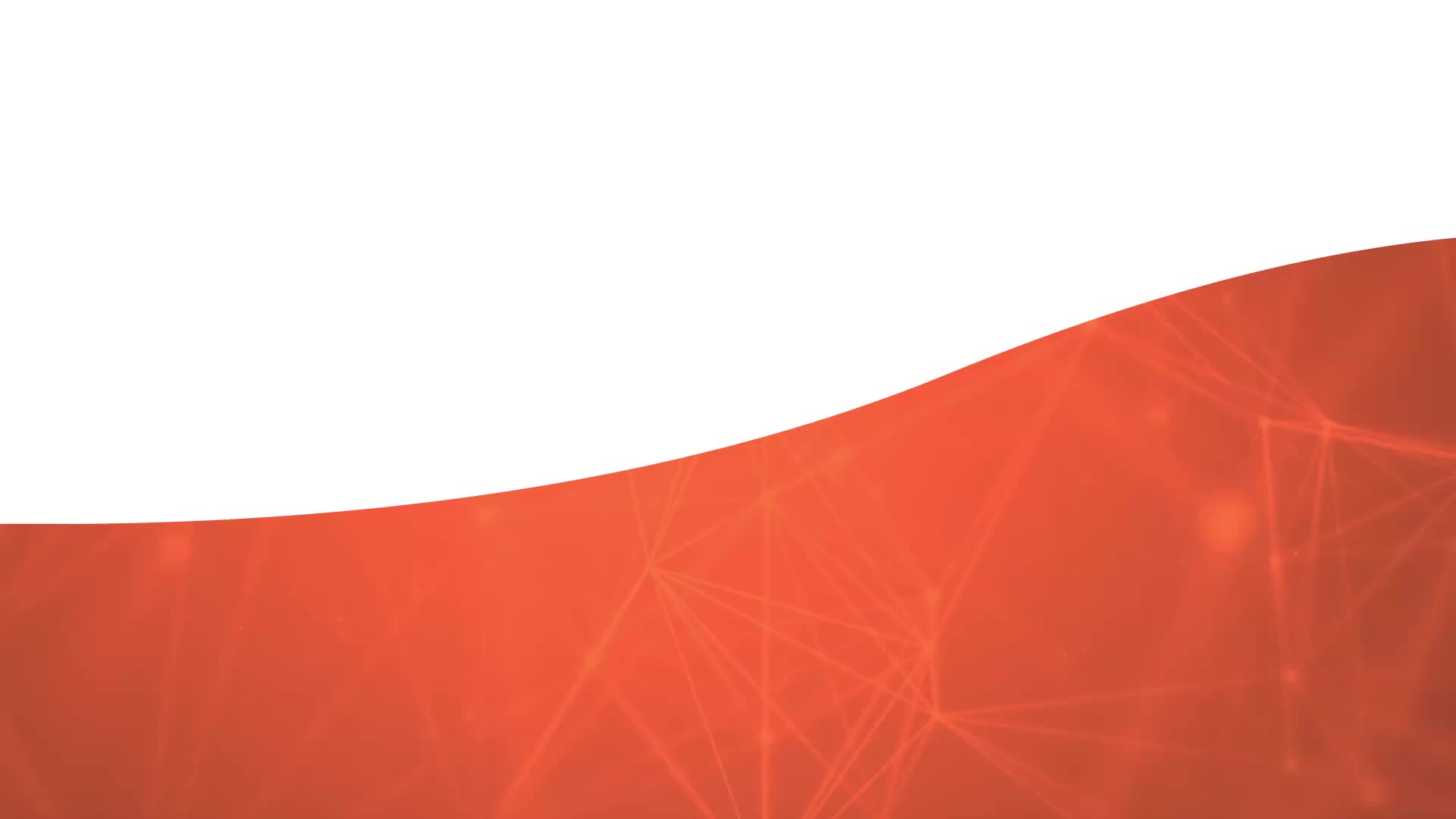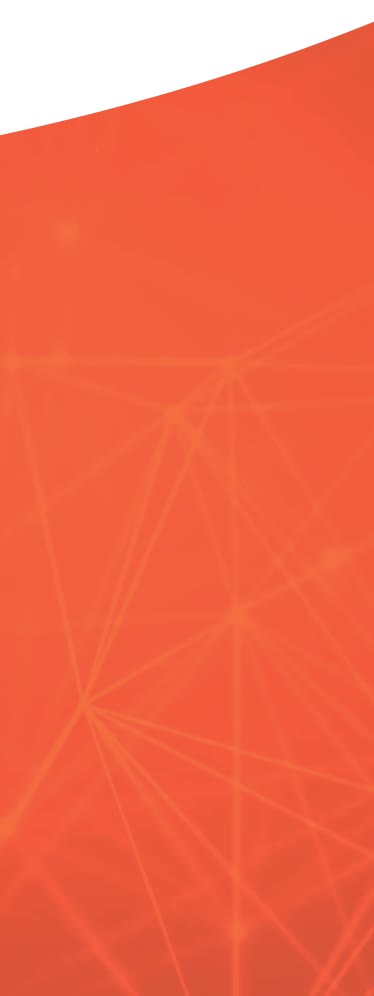Despite first having been introduced over thirty years ago, Python is a programming language that hasn’t diminished in popularity. In fact, it was reported to be the second-most used language on GitHub in 2022, demonstrating just how many people are still using it for coding.
The versatility and popularity of Python as a programming language means that Python developer roles are common across a variety of engineering industries. Whether it’s a specific Python developer job or a software developer or data engineer position that mainly uses Python, there are a lot of opportunities across all kinds of sectors, including web development, IoT, data analysis and even game development.
If you’re thinking about a career as a Python developer, or have interviews for this kind of role lined up, proper preparation is key. In this article, we help with how to prepare for a Python developer interview by sharing some of the most common Python interview questions and giving advice on how best to answer them and perform well in a job interview.
What is a Python Developer?
Python is one of the most popular programming languages used by developers in a wide range of industries to do all kinds of coding tasks. A Python developer primarily uses Python in their role and has been specifically hired because of their skills in this area.
Developers have been using Python for programming since it was created and implemented in the early 1990s. It’s a language that is known and loved for its straightforward syntax, which means it’s often one of the first programming languages that junior developers learn how to use.
Python developer jobs crop up in lots of different sectors, including electronics embedded systems. As a Python programmer, you have the potential to specialise in a range of different types of software and program development, so it’s a great role for developers at the start of their careers.
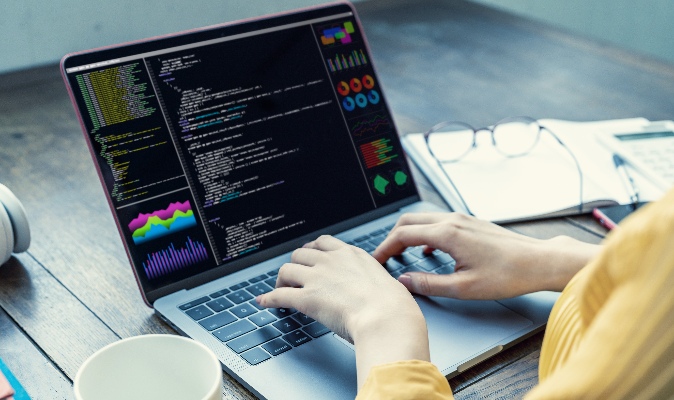
What Does a Python Developer Do?
The majority of Python developer roles and responsibilities revolve around having a good understanding of the theory behind the programming language and all the different applications. You may also have responsibilities typical of any software development or engineering job, and will usually work on designing and maintaining back-end code.
Python developers work in all kinds of industries in roles that range from data engineer to lead software developer. The specifics of what a Python developer does in their job will very much depend on their role and the company they work for, but below is a general list of responsibilities that are featured in many Python developer roles.
- Writing and refining Python code
- Developing Python code that is reusable
- Designing and developing websites, programs and applications
- Creating codebases for programs and web applications
- Testing software written in Python and fixing bugs
- Reviewing and refining Python code for different applications
- Programming in line with relevant security standards
- Integrating data storage solutions for Python code
- Implementing frameworks that ensure Python program scalability
- Designing and integrating elements for program users
- Collaborating with other developers on large-scale coding projects

Python Developer Interview Questions
During a Python developer job interview, you will likely be asked a range of technical interview questions about your experience with Python and then more open questions to gauge your suitability as an employee and member of the team. Depending on the interview process, you may also be asked to complete a technical challenge, which may happen during the interview or in another stage of the recruitment process.
Python job interview questions tend to ask candidates about specific features of the programming language, the different ways of using these and how you would apply your knowledge of Python to certain scenarios. Below, we’ve picked out a range of the most common Python interview questions and talked through the correct answers for each, sharing advice on how to make sure you answer the question as well as possible.
What are some distinct features of Python?
This is one of the most common junior Python developer interview questions, as it gauges your basic understanding of the programming language. Some of the distinct features of Python that you can talk about include:
- Simple and accessible syntax
- Interpreted code
- Object-oriented
- Open-source
- Supports a graphic user interface
- Cross-platform language
How is memory managed in Python?
Another of the basic Python interview questions that you might get asked when applying for a job is how memory is managed in the programming language. The answer to this question is that memory is managed automatically in Python using a garbage collector, using reference counting to manage memory.
What are local variables and global variables in Python?
Variables in Python are containers where data values are stored, and one of the top Python interview questions asks candidates to explain what local and global variables are. Local variables are defined within and only accessible within a specific function, whilst global functions are variables declared outside of any functions that can be accessed by any other function within the program.
What is the Python “with” statement designed for?
Another of the most-asked Python developer interview questions focuses on the “with” statements that feature in the code. “With” statements help with resource management and make code cleaner and more readable, so they’re an important aspect of Python that all good developers should be able to explain. You can improve your answer to this question further by also talking about why resource management is important in coding in general, highlighting how it can improve the coding process.
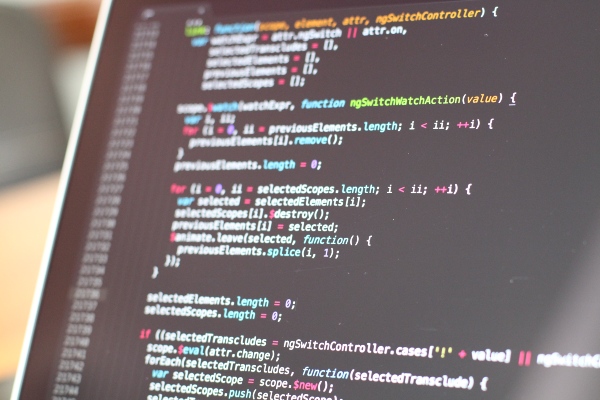
Can you explain inheritance in Python with an example?
Some Python interview questions will ask you to give examples of the concept or feature that you’re talking about, to prove that you can put your knowledge into practice. For this question, you need to explain the concept of inheritance, which is where classes within the code acquire the characteristics of another class. You’ll need to give an example of how this might work, and can improve your answer by choosing an example of code that is particularly relevant to the role or company you’re applying to.
What are the common built-in data types in Python?
This question requires a good knowledge of the different built-in data types in Python. These are split into immutable data types, including number, string and tuple types, and mutable data types, which include list, dictionary and set types.
What is the major difference between tuples and lists in Python?
A similar example of Python technical interview questions is where candidates are asked to demonstrate their knowledge of different data types in Python. In this case, you need to explain what makes tuples and lists different, which is down to the fact that tuples are immutable and lists are mutable.
Can you explain some of the file processing modes supported in Python?
There are a range of different file processing modes in Python, and a good developer needs to be able to understand each of them and explain what they are used for. Most interviewers won’t expect you to be able to talk about every file processing mode, but you should try to list several different types and explain what they do.
The three modes for opening files are read-only mode (r), write-only mode (w) and read–write mode (rw). You can also use the append mode (a) to append the content in your code files.

What are the different literals in Python?
Literals in Python are syntaxes that are used to express a fixed value of a specific data type. There are six main types of literals in Python that you may be asked to explain as part of Python programming interview questions, potentially having to give examples for each of them as well.
The six different literals are:
- String literals
- Character literal
- Numeric literals
- Boolean literals
- Literal collections
- Special literals
What are the different stages of the life cycle of a thread?
Python backend developer interview questions will likely ask you to demonstrate a full understanding of the entire backend development process, which includes the lifecycle of a thread in Python. The main stages are new thread, running thread and terminated thread, with the optional stage of blacked thread which comes before termination. You may be asked to talk through what each of these stages involves and may have to give an example to illustrate your points.
What are the limitations of Python?
When it comes to full-stack developer Python interview questions, candidates are often asked to demonstrate a broad knowledge of Python programming, which includes being able to talk about the advantages and limitations of the language. If you’re asked to describe the limitations of Python, make sure that you’ve included an example of how you work around this limitation in your answer, as this will show the interviewer that you don’t let these hold you back.
Some common limitations of Python that you could discuss in your developer interview include:
- Slow speed
- Concurrent or parallel programming is difficult
- Less efficient than compiled languages
- Static typing makes catching bugs tricky
- Occasional inefficient memory management
- Web support is more limited than other languages
Advice for Candidates
Python developer jobs are often a candidate’s first step towards specialisation in their career as an engineer or programmer. If you’re applying for Python developer jobs, here are some key pieces of interview advice to keep in mind.
First, make sure you prepare for each job interview, even if you’re not certain that you want the role. All interviews provide you with good experience and the opportunity to receive feedback from employers, so you want to make a good impression no matter what the outcome is.
If you want to stand out in an interview, it’s recommended that you research the company you’re applying to beforehand so you can talk about specific projects they’ve completed. Not only does this indicate your enthusiasm for the role, but it also gives you a good example to demonstrate what you’re particularly interested in regarding the company’s area of expertise, which will help the interviewer get to know you better.
Our final piece of advice for how to prepare for a Python developer interview is to make sure you have several examples of work that you’ve done using the programming language that you can talk about. Any claims you make about your skills or competency will be much more impactful if you can back them up with a clear example of how you have used this in action.

Advice for Clients
If you’re interviewing candidates for Python developer jobs, one of the main pieces of advice that we want to give is to give yourself an overview structure of the interview, but don’t be afraid to deviate from this plan if and when it’s needed. It’s important to cover all the key topics that will help you assess whether a candidate is suitable, but it can also be very useful to delve into certain answers more, to get to know the candidate better.
In the engineering industry, hiring candidates who have the necessary skills for a role is a priority. However, cultural fit and team assimilation are also important in assessing a potential employee. For this reason, it can be a good idea to get a current employee to meet and speak to an interview candidate before and after their interview, even in a very informal setting, so that you get another perspective on what the candidate is like as a person.
When it comes to the kinds of Python interview questions we’ve shared above, remember to cater the kinds of questions to the level of experience required for the role you’re trying to fill. Also remember that, for more technical questions or challenges, it’s not necessarily about whether a candidate gives the right answer, but how they explain their reasoning.
Summary
When it comes to knowing how to prepare for a Python developer interview, reading up on the kinds of questions you might be asked is very important. Interviews at the later stages of a job application are designed to gauge your Python developer skills, and in roles as technical as a Python developer, you’ll likely be quizzed thoroughly on your understanding of and experience with the programming language. Questions like the ones we’ve listed in this article are common, and reading up on how to answer them is a key part of Python interview prep for the most successful candidates.
If you’re a developer with Python experience looking for help with job interviews or are thinking about a role as a Python developer, a specialist recruitment agency can be the key to successfully finding your next role. KO2 is a recruitment specialist in the electronic embedded systems sector, working with candidates and clients to match the right people with roles they’re perfect for. Take a look at our current Python job opportunities or get in touch with one of our team for more information and recruitment advice.
